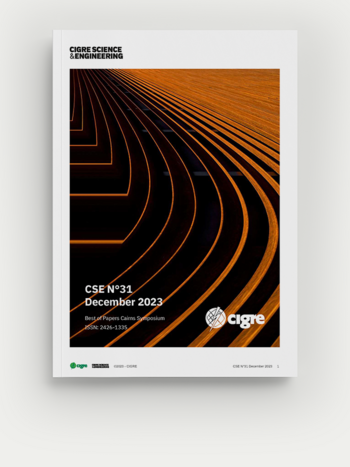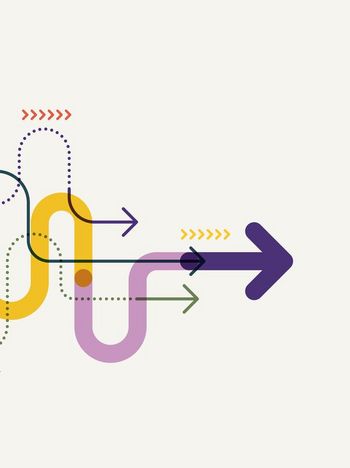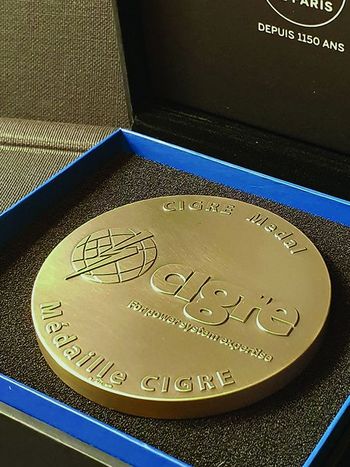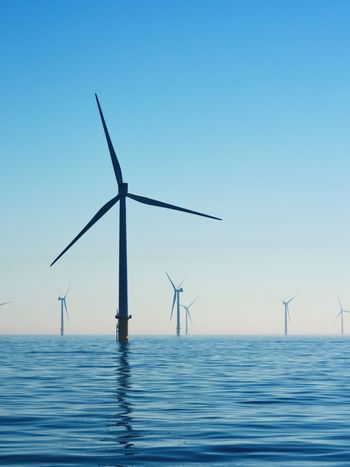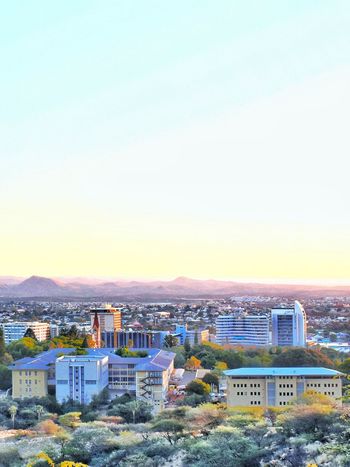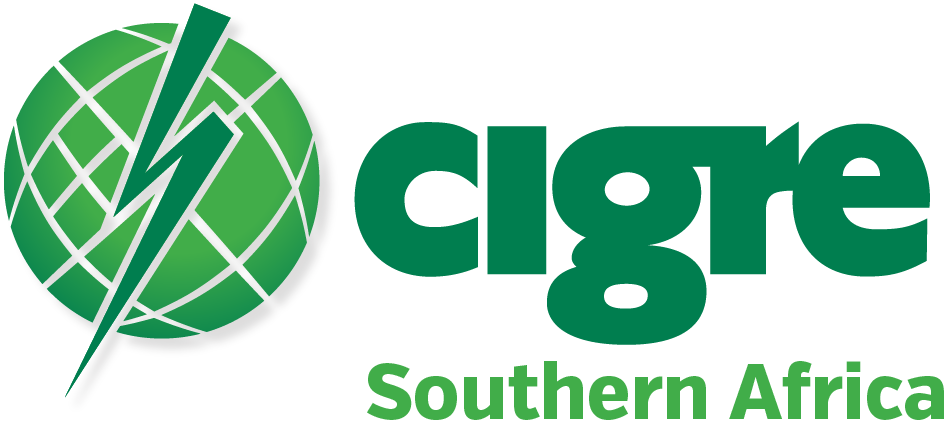CIGRE South Africa - Tackling the Ultimate Human Race
The South African Comrades Marathon is one of the world's most famous and oldest ultra-marathons. It is a memorial annual race between the cities of Pietermaritzburg and Durban that has been held since May 1921, save for the years of World War II and COVID-19. Sidwell Mtetwa, the current Southern Africa National Committee Chairman, was part of the almost 20 000 participants that lined up to start during the 96th Comrades Marathon on 11 June 2023. Let us hear what he had to say regarding this monstrous 90km ultimate human race.
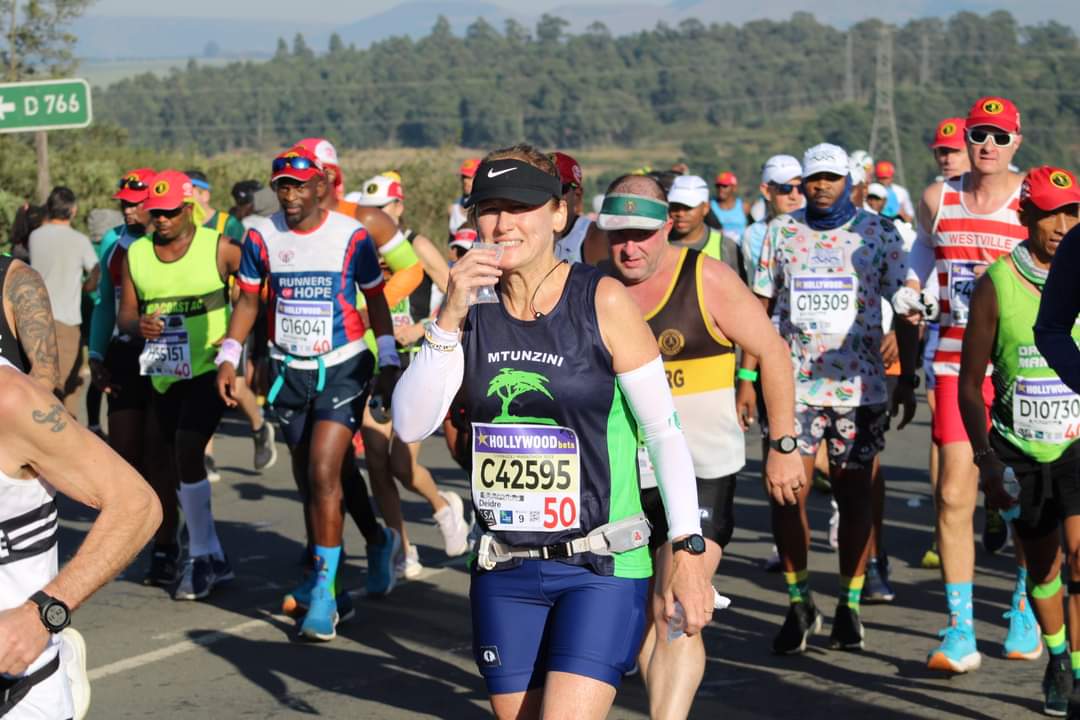
With Sidwell Mtetwa – CIGRE Southern Africa National Committee Chair
ELECTRA: What can you tell us about the Comrades Marathon?
Sidwell Mtetwa: It is a course bigger than anyone in such a way that you can only tell your version of it. Each participant in the Comrades Marathon has a unique story to tell. It can be about fun, emotional healing, a change of mindset, leadership growth, and many others. However, they all pivot on comradeship; a human being needs other human. No man or woman is an island. The race demands beyond what you generally think you have physically, emotionally, and mentally.
What is your story? Why did you run the Comrades Marathon?
SM: I do not know why exactly. Probably it is various elements compounding into a scary decision. I am surrounded by Comrades Marathon runners as friends, work colleagues, and church fellows. When our church started a running club, the Comrades Marathon fever became so high, and I caught the bug, I guess. It was not a struggle because of the environment around me. In 2016, my friend suggested that I tackle the Comrades, and I promised him that when he gets his first medal, I will follow. In 2018, he did, and I had to live the promise in 2019.
So, you started running this race in 2019?
SM: Yes, the 2023 version was my third run of the ultimate race. There were none in 2020 and 2021 due to the COVID-19 pandemic.
Interesting. How were these three?
SM: In 2019, I came with a bag full of all my novice mistakes for such a race, and I skillfully used them all. I became dizzy just around 25km of the 87km and had to negotiate the route at a chameleon’s pace. After 69km, I called it a day. I was not going to make it on time for the next cut-off point since I survived the 69km cut-off point with less than 30 seconds to spare.
How did you feel when you could not finish the race?
SM: I was disappointed because I had done lots of preparation but knew that not finishing was part of life. My main worry on that day was whether I had a hidden medical complication that I wasn’t aware of or what. It was the first time I was nauseated in a race. I had intentions to get professional help and return to live my dream. I knew I could do it. I was determined to make a return.
And you did return!
SM: Yes, I went back to the drawing board, and that defines my story about this race. My story says, “I am never too down to come up again.” My preparations for the 2020 event were on track, but the pandemic happened. The Comrades Marathon did not happen at the venue; it was a ceremonial virtual run in 2020 and 2021. I used that time to consolidate my training and preparations so that I could have a great comeback.

Tell us more about typical preparations for such a race.
SM: The preparations are massive and include running different profiles of routes and meeting targets during the qualifier races. You must typically finish a 42.2-kilometer course within 4 hours and 50 minutes to qualify; this is the shortest qualifying distance. The Comrades Marathon is often held in June, which is winter in South Africa, and real training is between January and April. In May, you taper and fine-tune the preparations. It is often said that you must have clocked about 1000km by end of April and logging about 90 to 100kms per week, but there is too much advice. These preparations include mental and dietary aspects as well. One must find time to train without losing focus on family, work, and church responsibilities.
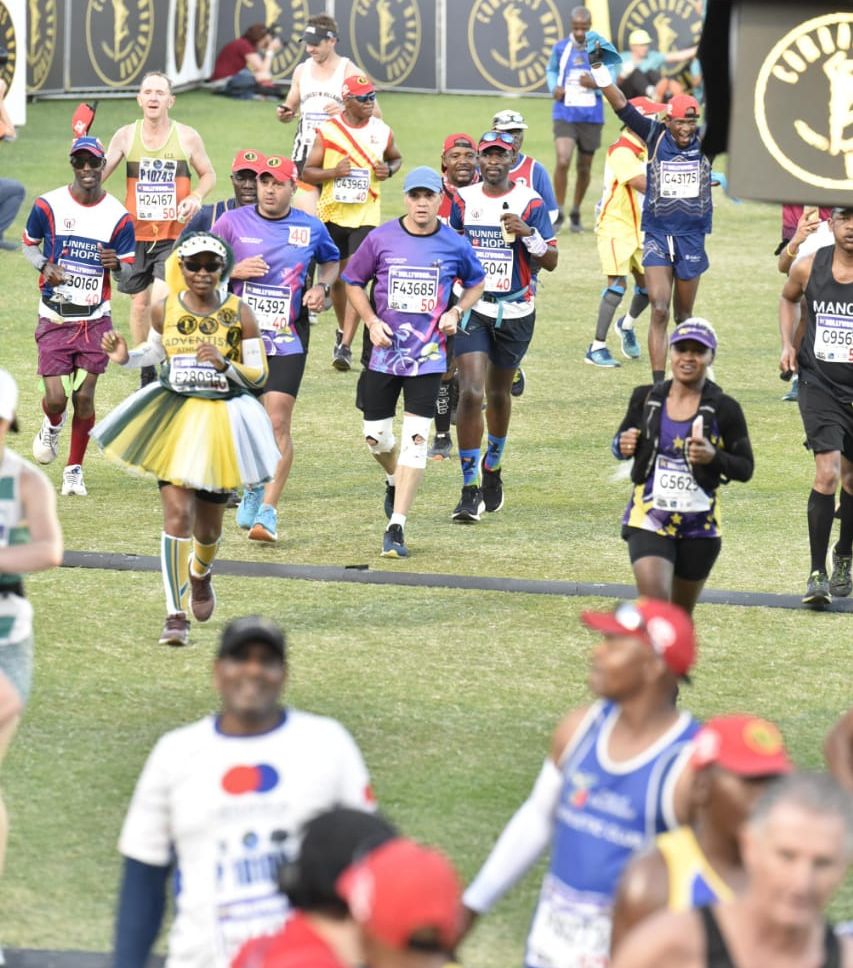
Hectic, please tell us about your first medal.
SM: This was on 28 August 2022, the same day the CIGRE Paris 2022 Session held its opening session. I started the race well, and I knew I had a big task ahead of me that day, I was nervous. There were huge battles in my head, let alone the fears of the 2019 experience. Around 35 kilometers into the race, my fears became real; I was dizzy again. My running companion helped me keep at it and not quit. I met my wife at 56km, which was her support check spot, and I was not in good shape then. She was concerned but reserved her comments. After my departure from that spot and knowing how she supported me to come that far, I felt obligated to finish this one at all costs for her; it was befitting for our 20th wedding anniversary year. A miracle happened around 60km; I transitioned to another level of digging deep from within myself. I eventually managed to finish the race with only seven minutes before the cut-off. The following day, I jetted off to join the Paris session in person.
That must have been hectic with stiff legs!
SM: Yes, but not as bad as I thought it would be. The frequent walking during the sessions sped up my recovery.
Good, in 2023?
SM: I finished the race in a much better time; I had just more than 50 minutes before the ultimate cut-off, i.e., I finished at 11h09mins vs. 11h53mins in 2022. The race's ultimate cut-off is 12 hours.
Are you going back in 2024?
SM: Of course, I want to run this race in the foreseeable future. There is still a lot to achieve in it, and my greatest and only competitor is me. I want to achieve my first up-run in 2024; the two finishes I have had were down-runs.
Thank you, Sidwell, and all the best for the future. And we must say in relation to CIGRE, that networking and support of fellow runners or, in CIGRE’s case, engineers and other technical and policy leaders. Runners are from different countries, backgrounds, religions etc. as are CIGRE participants. Both are looking to achieve certain goals, overcome obstacles and find solutions despite setbacks.
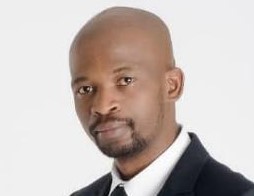
Sidwell Mtetwa is an electrical engineer with over 22 years of industry experience. He has been with Eskom Holdings since his first engineering qualifications. He is a power transformer specialist in his organization. He holds master’s degrees in power engineering and in business administration. Sidwell has been a member of CIGRE since 2008 and has held various portfolios and contributed vastly both locally and internationally. He received a distinguished member award in 2022. He is a pastor and has authored three religious books and is very active in missionary work. He is married to Thandazile and are blessed with two boys.
